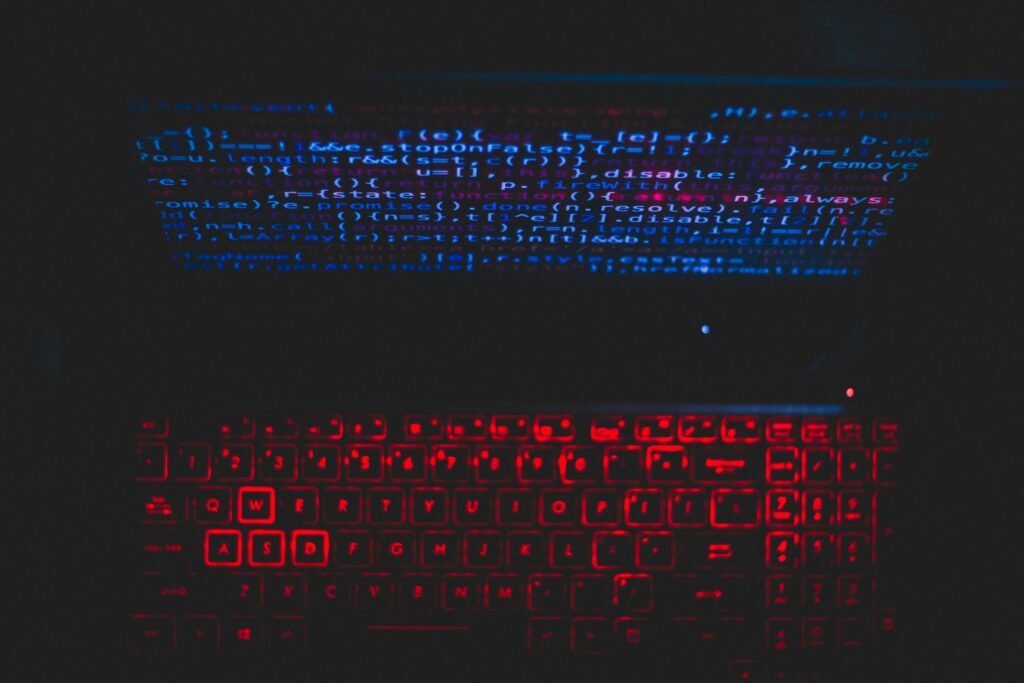🤖 7 Critical Ethical Dilemmas in AI Development You Can’t Ignore in 2025
As artificial intelligence evolves, so do its ethical challenges. From biased algorithms to autonomous weaponry, the risks are no longer hypothetical.
In this article by AiBlogQuest.com, we uncover the 7 most pressing ethical dilemmas in AI development and why they must be addressed in 2025 to ensure a fair, safe, and transparent future.
⚖️ 1. Bias in Algorithms: Fairness or Discrimination?
When AI systems are trained on historical data, they can inherit and amplify societal biases—intentionally or not.
📌 Real concern: AI used in hiring, policing, or lending can discriminate based on race, gender, or age.
🔍 Solution: Regular audits, diverse training data, and fairness metrics.
🛡️ 2. Privacy Violations Through AI Surveillance
AI-enabled facial recognition and tracking systems are increasingly used without consent.
📍 Example: Governments and private firms use AI for 24/7 surveillance in public spaces.
🧠 Ethical dilemma: How much privacy should we trade for convenience or security?
🧠 3. Lack of Explainability (The Black Box Problem)
Many AI models—especially deep learning systems—are difficult to explain, even by their creators.
💥 Problem: If a system denies you a loan or job, you deserve to know why.
🔍 Fix: Develop “explainable AI” (XAI) that makes decisions more transparent.
⚔️ 4. AI in Warfare and Autonomous Weapons
Military AIs are capable of making life-or-death decisions without human input.
💣 Ethical nightmare: Who is accountable when an AI-powered drone kills the wrong target?
📢 Global call: The UN and human rights groups urge restrictions on autonomous weapons.
💼 5. Job Displacement and Economic Inequality
AI automation is displacing human workers at an alarming rate—especially in low-skill industries.
📊 Stat: Over 85 million jobs could be lost by 2025 due to automation (WEF).
📌 Ethical focus: Ensure ethical transitions with upskilling, safety nets, and inclusive policies.
🎭 6. Deepfakes and Misinformation
AI-generated content can mimic real people, voices, and videos—often to deceive.
📉 Threat: Political sabotage, identity theft, or fake news proliferation.
🔐 Solution: Content authentication, detection tools, and legal accountability.
🧾 7. Ownership and Intellectual Property
Who owns AI-generated content? The creator of the tool, the user, or the AI itself?
📜 Legal gray area: Current copyright laws don’t clearly define ownership in AI-generated work.
💡 Fix needed: Global legal frameworks for content attribution and IP rights.
🔗 Useful Links from AiBlogQuest.com
❓ FAQ: Ethical Dilemmas in AI Development
Q1. What are ethical dilemmas in AI development?
They are moral conflicts that arise when developing AI—like biased decisions, privacy invasion, or lack of accountability.
Q2. Why is AI bias a major ethical issue?
Because it can discriminate unfairly and reinforce systemic inequalities across sectors.
Q3. Who is responsible for AI’s ethical behavior?
Developers, corporations, regulators, and even end-users all share responsibility.
Q4. Can ethical AI exist?
Yes, but only with transparent development, diverse input, and strong regulatory frameworks.
Q5. How can we reduce ethical risks in AI?
Through fairness audits, XAI, inclusive data practices, and legal safeguards.
🏁 Final Thoughts
The ethical dilemmas in AI development aren’t just tech problems—they’re human problems. As we build smarter machines, we must build smarter moral frameworks to guide them.
Explore more at AiBlogQuest.com — your guide to building an ethical, AI-powered future.
🏷️ Tags:
ethical dilemmas in AI development, AI ethics 2025, AI bias, AI regulation, aiblogquest, bit2050



